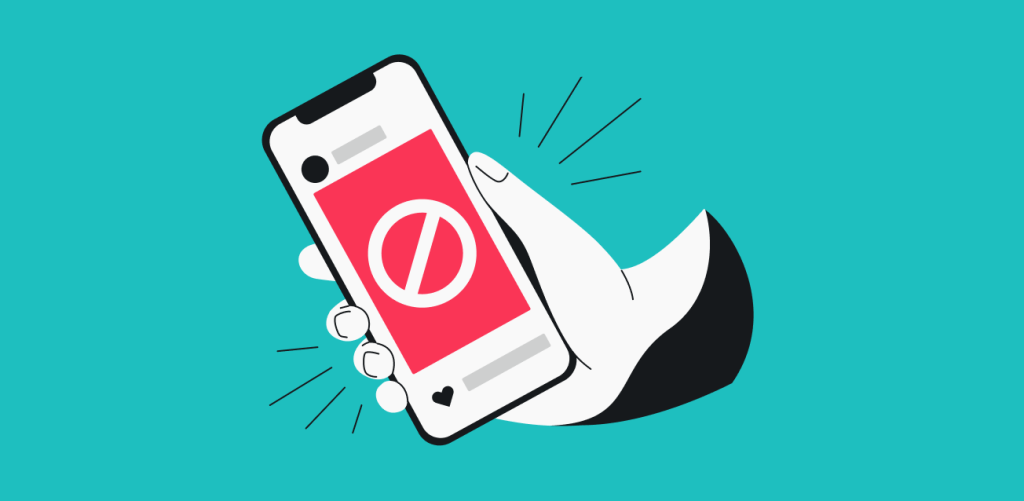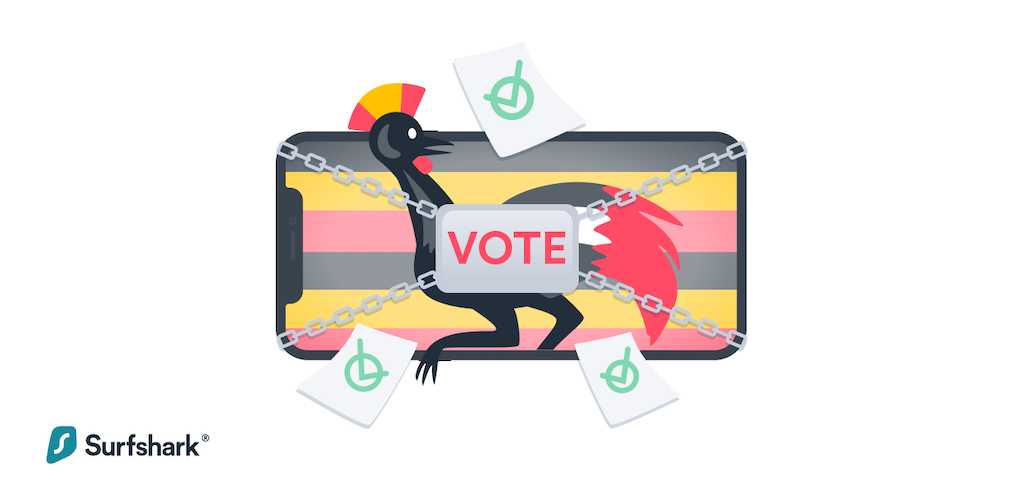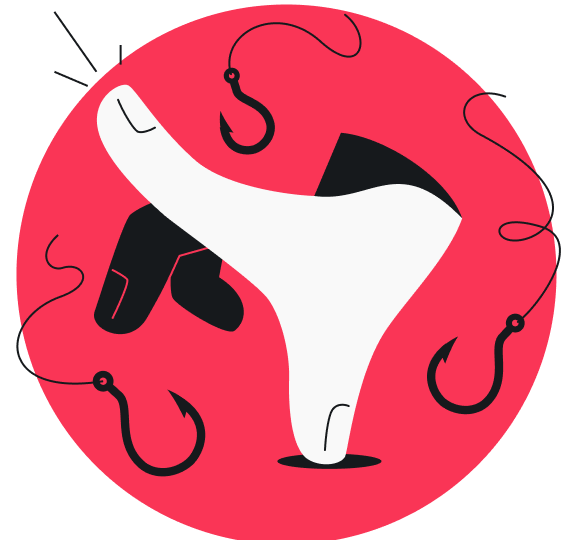
As 2021 started off hopeful to improve the global situation, it also surprisingly delivered on the censorship front. Compared to the latter part of 2020, global social media shutdowns have nearly halved in the first part of 2021.
Social media censorship 2020 vs. 2021
The second half of 2020 was a rough period for digital freedom – it recorded 18 internet and social media censorship cases. In contrast, only ten were recorded in the first half of 2021.
Percentage-wise, however, Africa remains the most censorship-intensive region in the world. Nine out of the eighteen 2020 ban cases happened in Africa. And while the total cases have nearly halved in the first half of 2021, 5 out of 10 happened in the African region (Uganda, Chad, Senegal, the Republic of Congo, and Nigeria).
If we dive deeper into each individual case, we see that all five social media shutdowns happened for political reasons:
Country | Cause of disruption |
|---|---|
General election | |
Standoff at opposition candidate’s house | |
Political unrest | |
Election day | |
Twitter deleted the Nigerian President’s tweet |
The remaining five global social media shutdowns happened due to political unrest – opposition protests in Russia, anti-government protests in Colombia, anti-Modi protests in Bangladesh, political turmoil and alleged coup attempt in Armenia, and Military uprisings in Myanmar.
Country | Cause of disruption |
|---|---|
Opposition protests | |
Anti-government protests | |
Anti-Modi protests | |
Military uprising | |
Political turmoil and alleged coup attempt |
People turn to privacy tools amid censorship
Amid the 2021 social media restrictions, we see a sharp rise in Surfshark visitors and new users from affected countries. In particular, three cases have stood out in Africa:
Country | Increase in sales | A surge in visitors |
|---|---|---|
262.07% | 316.28% | |
950.00% | 1600.30% | |
1486.67% | 1339.71% |
The percentages show an increase in VPN sales and Surfshark website visitors on the day of the social ban against a two-week average.
This indicates that such bans affect people’s rights to freedom of speech and that they are looking for means to fight them. What’s most concerning is that these restrictions are coming from organized government bodies. This leaves people to seek out privacy tools that can give them back their freedom of expression.
You will find full research material here.


